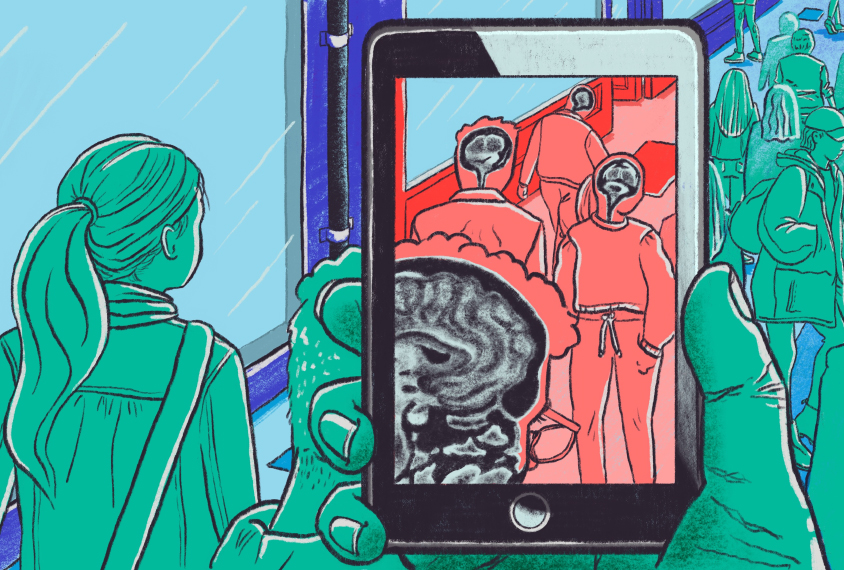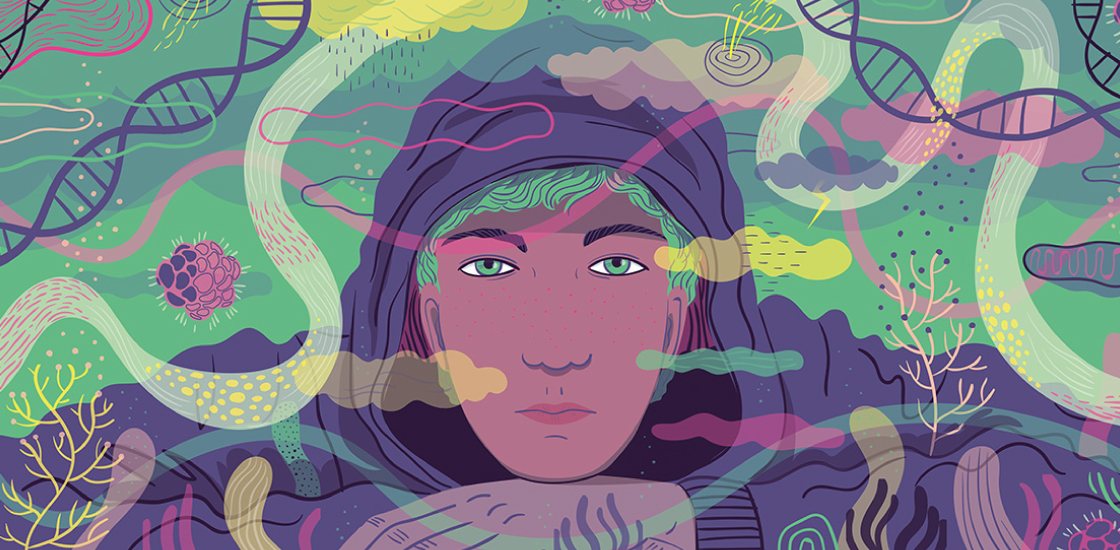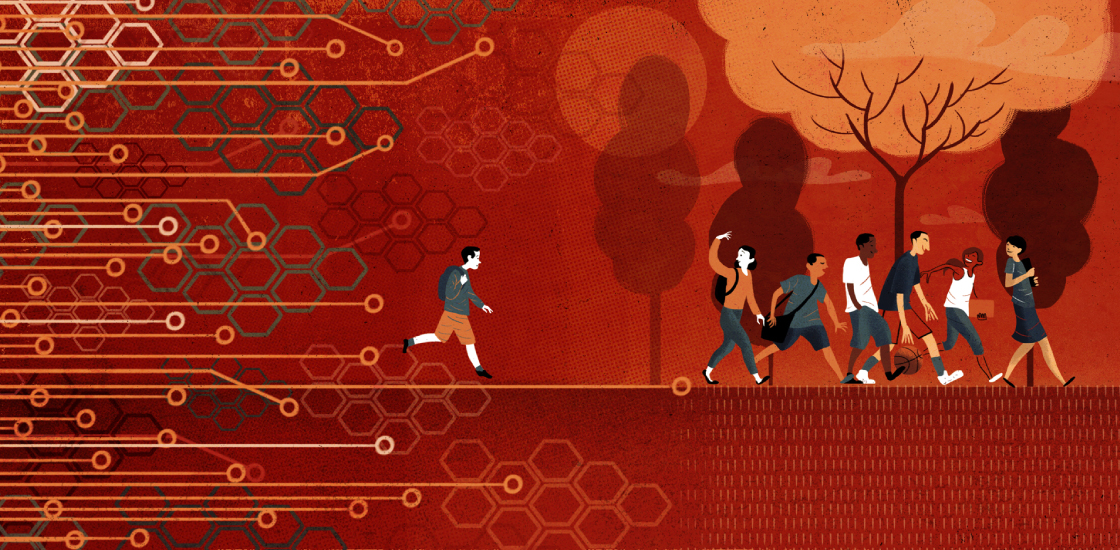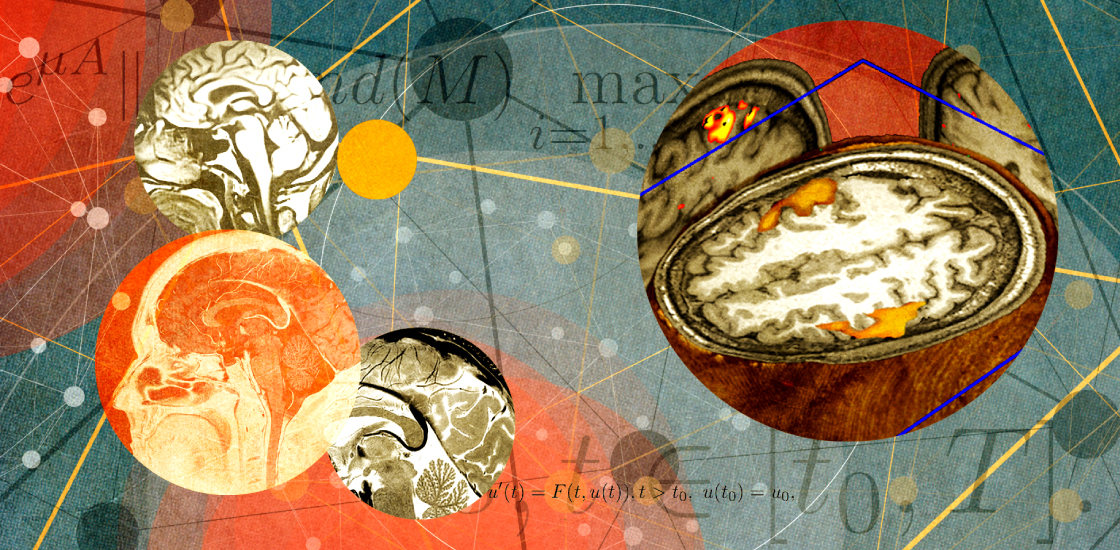Kevin Pelphrey is Harrison-Wood Professor of Neurology at the University of Virginia in Charlottesville.

Harrison-Wood Professor of Neurology
University of Virginia
Kevin Pelphrey is Harrison-Wood Professor of Neurology at the University of Virginia in Charlottesville.
Can brain scans, in the wrong hands, compromise research participants' identity? The risk is minimal.

Examining the teenage years presents a major opportunity for understanding and treating autism.

Apps, robots and brain imaging can help children with autism improve their social skills and connect with other people.

A bug in brain imaging software casts doubt on the results of some autism studies, but it’s way too soon to write off the powerful imaging technique.

Restaurants can be stressful for my daughter Frances, who has autism, but her difficulties led me to try to better understand and treat her type of situational anxiety.

Research by Patrik Ernfors and David Ginty has delineated the diverse cell types of the somatosensory system and revealed how they detect and discriminate among different types of tactile information.

Research by Patrik Ernfors and David Ginty has delineated the diverse cell types of the somatosensory system and revealed how they detect and discriminate among different types of tactile information.
Dynamic coding helps explain how the brain processes multiple features of speech—from the smallest units of sounds to full sentences—simultaneously.

Dynamic coding helps explain how the brain processes multiple features of speech—from the smallest units of sounds to full sentences—simultaneously.
The cells amplify oxytocin—and may be responsible for sex differences in social behavior, two preprints find.

The cells amplify oxytocin—and may be responsible for sex differences in social behavior, two preprints find.